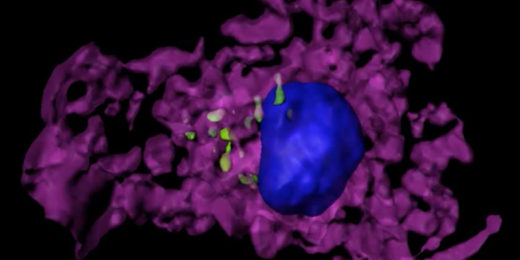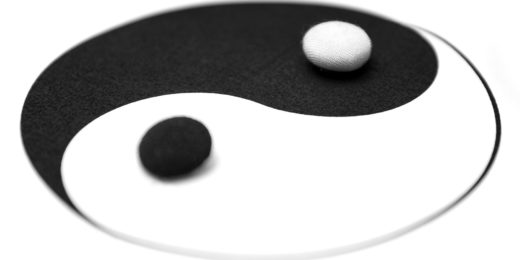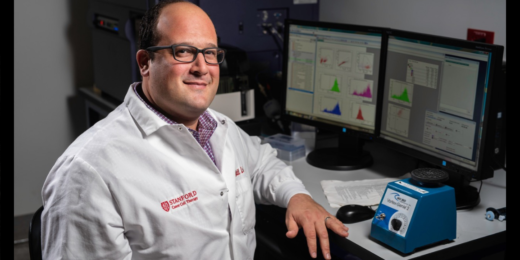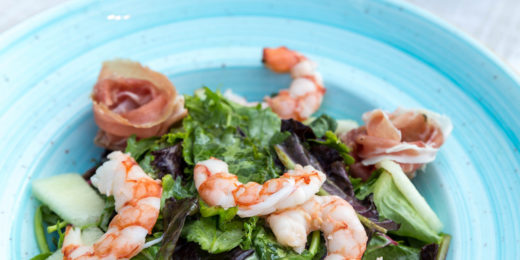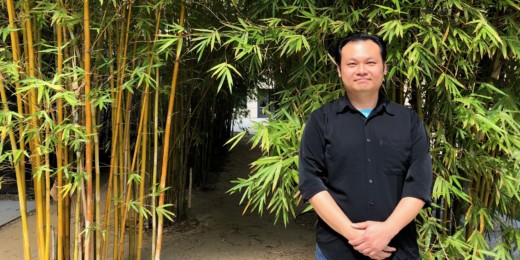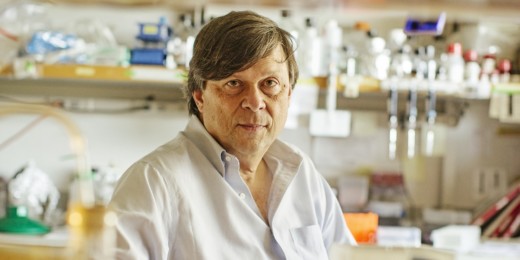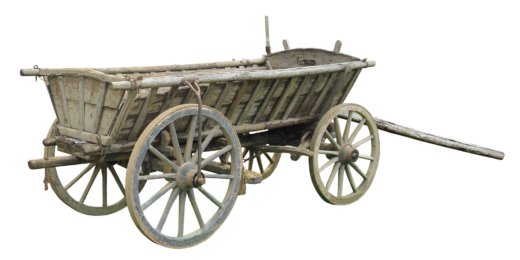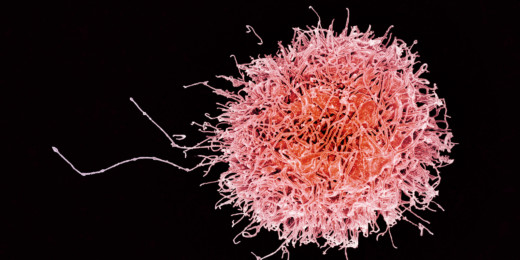Stanford scientists and collaborators have harnessed CRISPR to replace the mutated gene underpinning the devastating immune disease, SCID-X1.
Category: Immunology
Partners-in-crime: Bacteria sics its pet virus on our immune cells to make us sick
P. aeruginosa, a type of bacteria, is increasingly drug-resistant, and there's no vaccine against it. But it has a recently discovered Achilles heel.
Immune cells engineered to tattle on suspicious cells in the body
Scientists have modified immune cells, imbuing them with the ability to not only detect, but reveal, the presence of a tumor.
Stanford team cracks key immune protein’s crystal structure, separating its yin from its yang
Cracking the crystal structure of a protein complex centered around a major immune signaling protein, interferon-gamma, may speed its medical use.
Positive mindset helps with an allergy therapy’s side effects, says Stanford study
A small change in how patients learn to think about side effects of a food allergy treatment greatly reduces their anxiety, Stanford researchers found.
Blood test may detect early signs of lung-transplant rejection
A new blood test measures the DNA fragments of lung transplant donors in the blood of recipients, in hopes of preventing organ rejection and saving lives.
Immunotherapy target identified for pediatric cancers
Stanford scientists have moved a big step closer toward using engineered immune cells to treat many forms of pediatric cancer.
Mistaken identity: Influenza/narcolepsy autoimmunity link confirmed
New research has confirmed that an antigen in some variants of the flu virus and vaccine can, in rare cases, trigger an autoimmune response leading to narcolepsy.
Food allergies more widespread in adults than previously suspected, new study finds
About 31 million U.S. adults have food allergies, nearly half of which develop after age 18, findings that surprised food allergy experts.
Immunotherapy for peanut allergies: A Q&A
Sharon Chinthrajah weighs in on a new peanut allergy immunotherapy, speaking to its potential and its role in the future of food allergies therapy.
In the Spotlight: “Science is like meditation”
In this In the Spotlight Q&A, Yaw Shin Ooi, a postdoctoral fellow in microbiology and immunology shares his thoughts on science, Buddha, and more.
Can flicking a molecular switch restore the aging immune system’s competence?
With age comes wisdom: mostly true. But a new study helps explain why one part of us - our immune system - gets decidedly dumber with age.
Stanford immunologist pushes field to shift its research focus from mice to humans
Much of what we know about the immune system comes from experiments conducted on mice. But lab mice are not little human beings. The two species are separated by both physiology and lifestyles. Stanford immunologist Mark Davis is calling on his colleagues to shift their research focus to people.
Smuggling RNA into cells can activate the immune system to fight cancer
Hiding mRNA messages in CARTs — positively charged degradable vehicles —smuggles them across the cell membrane and can 'vaccinate' against cancer in mice.
Looking to the future of graduate biomedical education
Kenneth Gibbs, Jr., is using his graduate degree in immunology to improve graduate education nationally — he shares more in this Q&A.
Immune cell ratios predict shift to active tuberculosis, Stanford-led study finds
The ratio between a certain types of immune cells is able to predict whether latent TB will shift into an active infection, new research has found.



